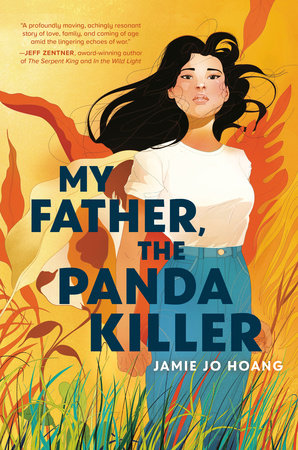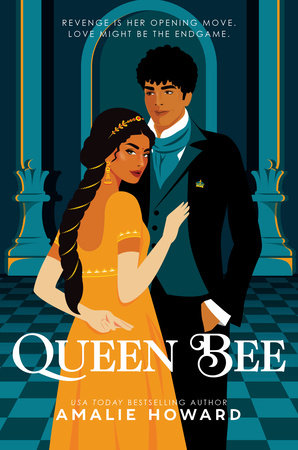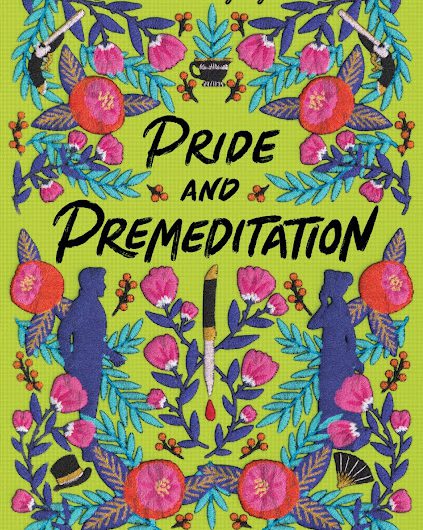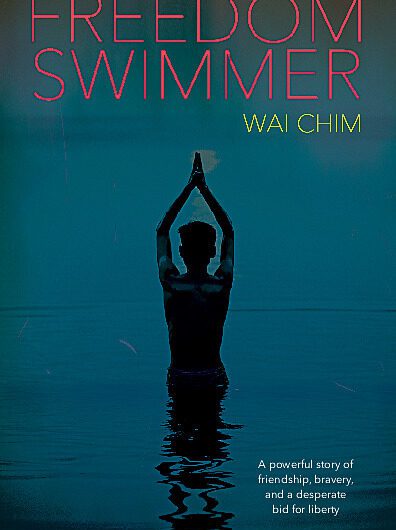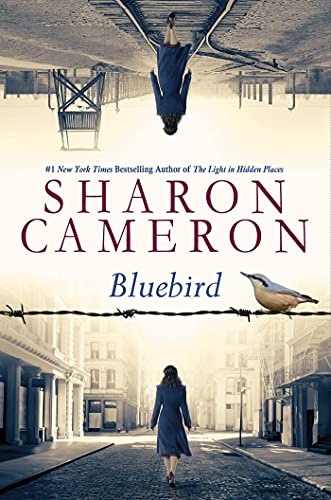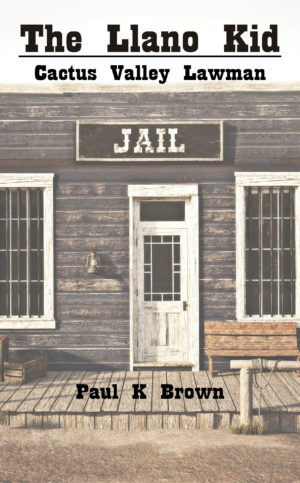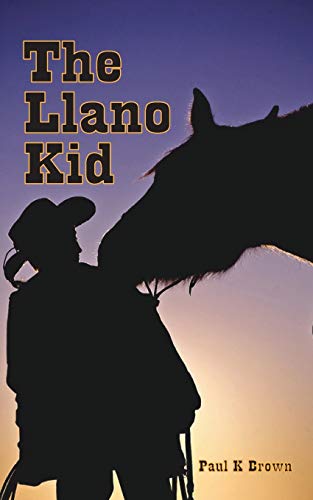My Father, the Panda Killer by Jamie Jo Hoang
Jamie Jo Hoang writes about intergenerational trauma in her book My Father, the Panda Killer. Her focus is on the perilous journeys out of conflict that many took during the Vietnam War Era. Hoang tells her story with alternating perspectives—that of Phúc, who was born into wartime during the Vietnam War and that of Jane, Phúc’s daughter. As Jane struggles to understand her father’s anger and abuse, she searches for the source in memories, in family stories, and in history. Readers learn that Phúc’s soul lives in the rings of the Banyan tree where he escapes to play his bamboo flute. When he is 11,Read More →

